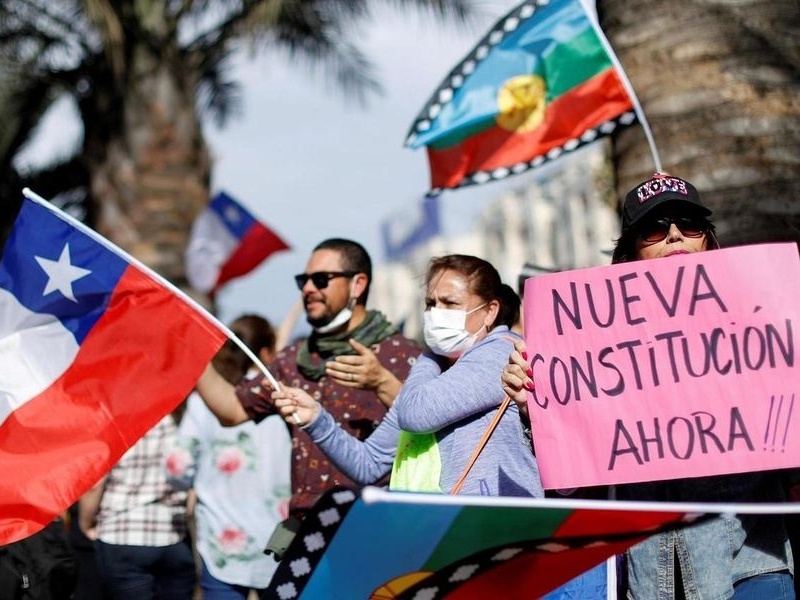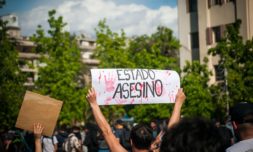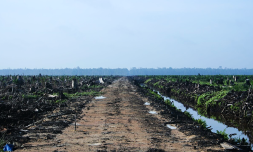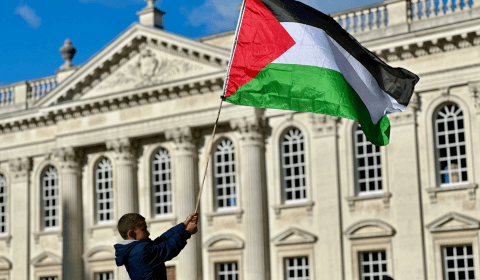Intended to replace the charter imposed by Pinochet during his military dictatorship over four decades ago, the new text would be one of the most progressive in the world, enshrining Indigenous rights and putting environmental protection at its core.
Chile has unveiled the final draft of a constitution born from a wave of protests two years ago, when millions of people poured on to the streets to decry their dissatisfaction with their lives and the political forces governing them.
Submitted to recently-elected President Boric on the 4th, it brings the country a step closer to abandoning the legacy of Augusto Pinochet’s 17-year military dictatorship.
The move puts Chile on course to having one of the most democratic and progressive constitutions in the world – not to mention the longest, at 338 articles long – if, of course, it’s approved by voters in a nationwide plebiscite that’s due to take place early September.
Experts predict a 50/50 chance of it actually happening, given many Chileans blame the current magna carta (which follows a neoliberal model) for bringing about the country’s higher-than-average levels of wealth inequality.
For four decades, the hyper-capitalist memorandum has advocated minimal state intervention, allowing private sectors to control public services.
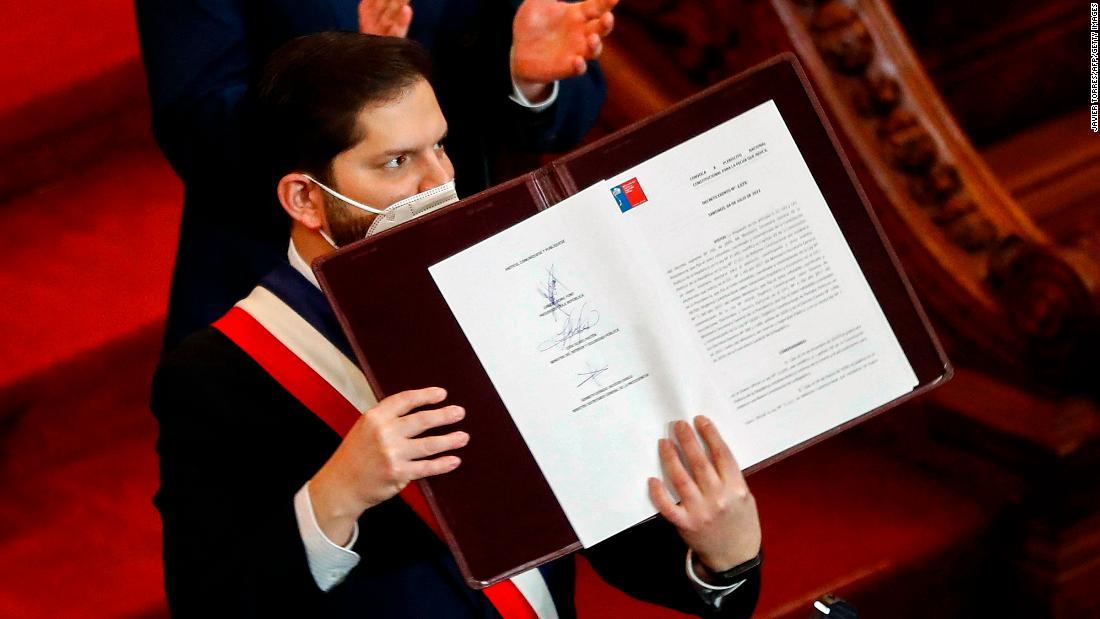
By contrast, the new draft broadly makes the state responsible for the provision of services, guarantees gender parity across government and public enterprises, and protects a host of social and cultural rights.
Including the right to free speech, abortion, clean air and water, and a publicly-funded national health service.
Additionally, it establishes equal participation quotas for women in public institutions and hiring regulations that aim to close the nation’s 20 percentage-point gender employment gap, and guarantees LGBTQ+ inclusion in political spaces.
‘The rewrite process has become a vessel for the hopes and aspirations for a better Chilean society,’ Latin American researcher Christopher Sabatini tells Time.
‘It demonstrates an admirable flexibility and recognition of social and political discontent to an extent that no other country in the region has attempted. Irrespective of the potential downsides, the mere act itself is powerful.’
